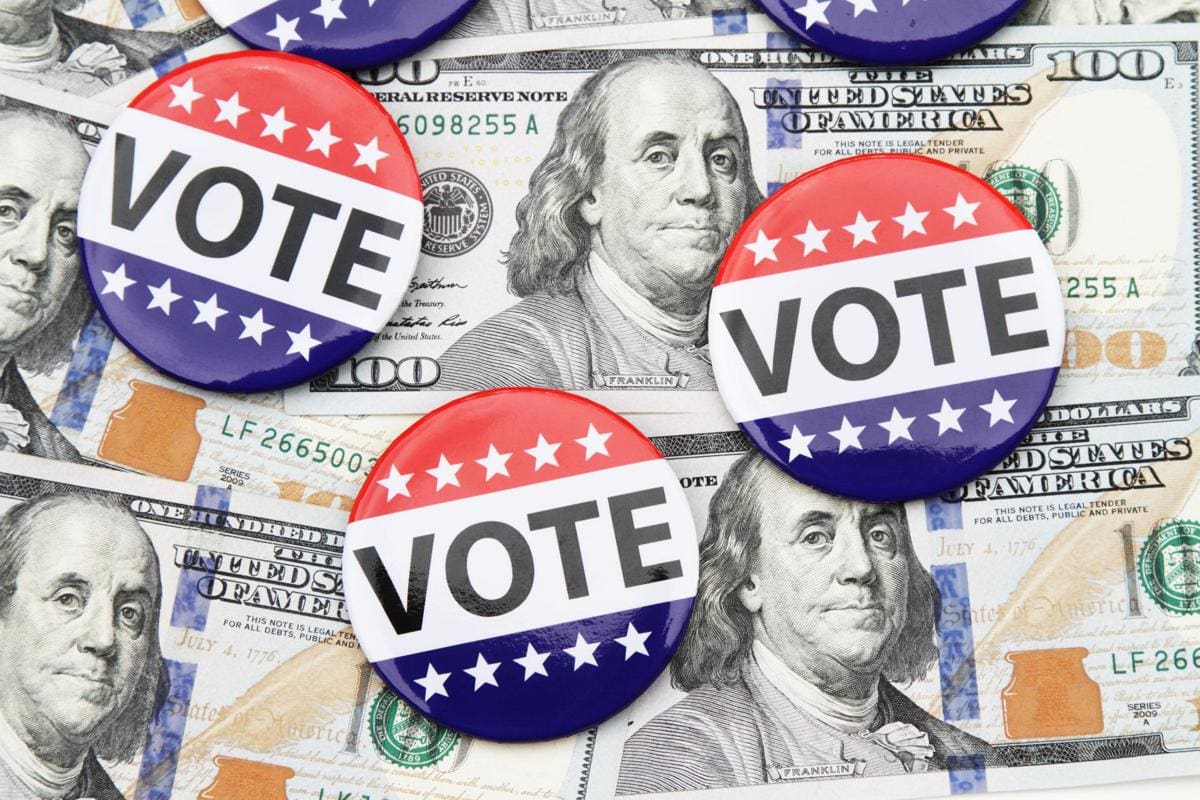Texas owes the federal government billions of dollars, but due to inaction by the state Legislature, they are on track to owe millions more.
Monday, September 6, was more than just a federal holiday. It was also the deadline by which the state of Texas was to pay back a debt of almost $7 billion to the federal government without being penalized with interest.
The date came and went, and the Texas Legislature chose not to address it, meaning Texas taxpayers will now be the ones being penalized when those millions of dollars could have instead been used for things like tax cuts or infrastructure spending.
What is the Issue?
Texas owes a total of $7 billion to the U.S. Treasury’s Unemployment Trust Fund. They had $2 billion in the fund before the pandemic and should return to that amount to help avoid a tax hike.
The $7 billion was accrued over the last 18 months, much of it as a result of poor decisions in response to the pandemic itself.
Gov. Greg Abbott added the appropriation of federal COVID-19 relief money to the recently concluded second special legislative session’s agenda. Though it was on the agenda, not a single bill was filed related to appropriating the money, let alone appropriating a portion of it to pay down the debt. The special session concluded a few days early, with the Legislature ultimately not addressing the issue.
For every day the state does not pay back the debt beyond September 6, roughly $374,398 in interest is added. The issue has again been added to the agenda for the upcoming third special session, but that session does not begin until September 20. This means that at a minimum, 14 days of interest amount to upwards of $5,241,572, on top of the $7 billion already owed.
What is the Unemployment Trust Fund?
Money is added to the trust fund managed by the U.S. Department of Labor from payroll taxes accrued from businesses. In turn, states use this fund to aid in paying unemployment claims, and the tax rate fluctuates depending on the state balances in the trust fund itself.
Why Does Texas Owe Money?
Texas owes the federal government money largely due to government-imposed shutdowns, as well as other unscrupulous government policy choices over the last year and a half. Such decisions include things like the eviction moratorium, student loan repayment moratorium, unemployment bonuses, and food stamp expansion. As a result, many Texans either saw fit to not work or were incentivized to not work. This caused unemployment claims to skyrocket, which rapidly diminished the $2 billion that had previously been in Texas’ share of the trust fund.
Once those funds were exhausted, Texas had to borrow additional billions to keep up with the claims.
Fortunately, Texas’ economy has rebounded quicker than initially estimated, and the state has not had to borrow additional money for some time. Currently, however, Texas boasts the third-largest outstanding debt with the U.S. Treasury, following only California (which owes nearly $20 billion) and New York (which owes nearly $9 billion).
American Relief Plan Act (ARPA) Funds Available
The U.S. Congress allocated $41 billion of the total $1.9 trillion American Relief Plan Act to Texas. In turn, the U.S. Treasury also issued instructions on how that $41 billion in allocations is to be spent, which includes allowing up to almost $16 billion to be spent on things like repaying their debt owed to the U.S. Treasury.
What Does it All Mean?
By not addressing this in the recently concluded special legislative session, taxpayers are on the hook. The longer the state Legislature takes to address this issue, the higher the cost in interest on the debt will grow, taking away from either potential tax relief or spending on legitimate functions of government.





